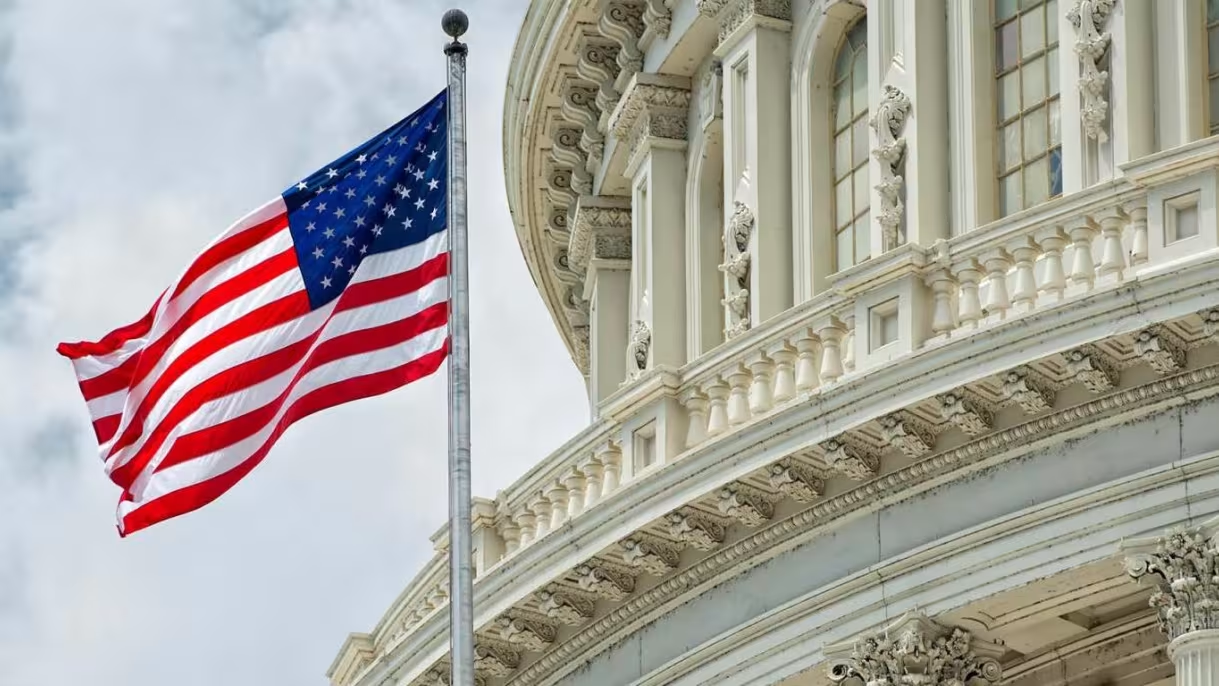

New Report: How Congress Can Recapture the Constitutional Powers It Ceded to the Executive Branch
Former Members of Congress, Scholars From 19 Universities Offer a Bipartisan Solution to the Power Imbalance in Washington
PRINCETON, NJ – A bipartisan group of former members of Congress and top scholars from 19 universities have outlined a systematic plan for Congress to recapture constitutional powers it has ceded to the executive branch over several decades.
Focusing on four key areas, the authors explain how the powers of the presidency have expanded far beyond constitutional intent, eroding the powers that Congress is expected to exercise on the people’s behalf. They offer legislative reforms that Congress can implement to recapture its powers.
The consequences are grave, reducing the input everyday Americans have on whether and when the U.S. sends young men and women into battle; the government's role in public education, health care, transportation safety, law enforcement, and more; and how much of a family’s income is taken in taxes or how it is spent.
“As presidents have increasingly infringed on Congress’s powers, and as Congress has too often willingly ceded its authority, the constitutional system of checks and balances has eroded, the voice of the people’s representatives has grown ever weaker. For a democracy in which it is the people themselves who are supposed to govern through their chosen representatives, that’s a matter for great concern," said Mickey Edwards, creator and director of the initiative, who is a former Congressman and director of Congressional and Constitutional Initiatives at the Princeton School of Public and International Affairs.
The report’s policy recommendations focus on the following areas:
Appointments
One of Congress’s most important functions is to determine the structure of the federal court system and the federal executive branch. The authors recommend reducing the number of presidentially appointed positions, as well as the number of executive branch appointments that require Senate confirmation, and folding some boards or commissions into larger agencies, among other reforms.
Oversight
Given growing concerns about the efficacy of congressional executive and judiciary oversight amid partisan polarization, the authors’ recommendations include that Congress stop relying on the courts to enforce subpoenas to executive branch officials, start using appropriations riders to incentivize compliance, pressure justices to strengthen their code of ethics and hold them accountable, and pressure the Supreme Court to make its workings more open to the public. They also recommend staffing, training, and process improvements for routine oversight.
Power of the Purse
Congress must reassert its power over government spending by requiring greater transparency around apportionments, expenditures made during government shutdowns, the transfer and reprogramming of federal funds, and uses and sources of agency-generating funds, the authors write. Further recommendations include fast-tracking congressional review of executive-led spending decisions by amending the Impoundment and Control Act and increasing training about the budget and appropriations process for both incoming and returning members of Congress.
War Powers
Wars have cost the United States trillions of dollars and hundreds of thousands of lives over the past two decades, yet Congress has not exercised its constitutional authority to approve the use of force since 2002. The authors recommend five legislative reforms – including repealing or sunsetting the existing authorizations for the use of military force and establishing a funding cutoff as an enforcement mechanism – and four internal congressional reforms.
The full report can be found here. As a next step, the authors plan to present their findings and recommendations to additional members of Congress and to policy, educational, advocacy, and media organizations in Washington and elsewhere.
Scholars and former members who contributed to the report include:
Tom Campbell - War Powers Chair
Josh Chafetz - Oversight Chair
Tom Coleman - Oversight Chair
Tara Leigh Grove - Appointments Chair
Oona Hathaway - War Powers Chair
Nolan McCarty - Power of the Purse Chair
Anne Joseph O'Connell - Appointments Chair
Tim Penny - Power of the Purse Chair
Andrew Rudalevige - War Powers Chair
Ross Baker
Michael Bishop
David Bonior
Charles Boustany
Tess Bridgeman
Brandice Canes-Wrone
Matthew Green
Laurel Harbridge-Yong
Maya Kornberg
Kevin Kosar
David E. Lewis
Maya MacGuineas
Eloise Pasachoff
Erik Paulsen
Cristina Rodríguez
Ruth Bloch Rubin
Annelise Russell
Eric Schickler
Peter Shane
Richard N. Swett
James Thurber
Craig Volden
James Wallner
Alan Wiseman
###
About Princeton SPIA
The Princeton School of Public and International Affairs is dedicated to integrating world-class scholarship and a commitment to service in order to make a positive difference in the world. We welcome a robust exchange of ideas and strive to foster a close-knit community that values and supports every member. We believe that public policy in the 21st century demands a passion for service, a respect for evidence of unsurpassed quality, a global perspective, and a multiplicity of voices. Our graduates pursue careers around the globe in government, nongovernmental and multilateral organizations, foundations, and policy and research institutes.

